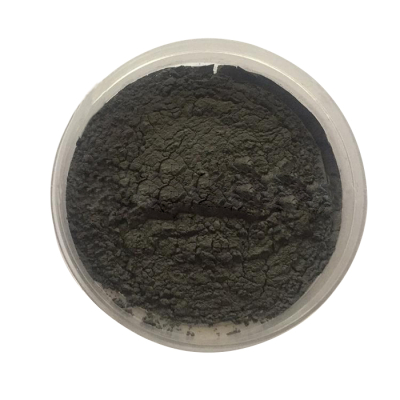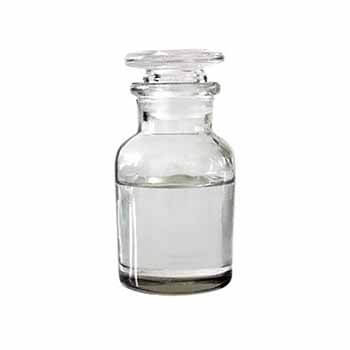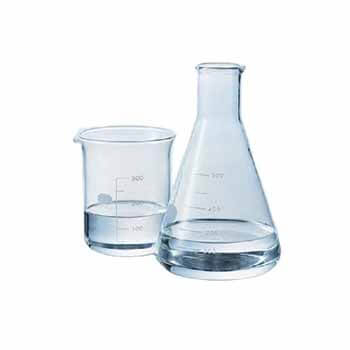Benefits of Fish Collagen Peptides
Existing research data at home and abroad show that fish collagen peptides have various physiological activities such as anti-oxidation, lowering blood pressure, and improving body bone density.
Fish Collagen Peptides Benefits
Protect vascular endothelial cells
Vascular endothelial cell injury is considered to be a key link in the early onset of atherosclerosis (AS). Recent studies have shown that low-density lipoprotein (LDL) white has cytotoxicity, which can cause endothelial cell damage and promote platelet aggregation. Lin Lin et al. found that fish skin collagen peptides with molecular weights in the range of 3-10kD have certain protective and repairing effects on vascular endothelial cell damage, and their effects are enhanced with the increase of peptide concentration within a certain concentration range.
Antioxidant activity
The aging of the human body and the occurrence of many diseases are related to the peroxidation of substances in the body. Preventing peroxidation and removing the reactive oxygen radicals produced by peroxidation in the body is the key to anti-aging. Studies have shown that collagen peptides can increase the activity of superoxide dismutase (SOD) in the blood and skin of mice, and enhance the body’s scavenging effect on excess free radicals.
Inhibit the activity of angiotensin I converting enzyme (ACEI)
Angiotensin I-converting enzyme is a glycoprotein that binds zinc and is a dipeptide carboxypeptidase, which can make angiotensin I form blood-raising angiotensin II, which further constricts blood vessels and causes blood pressure rise. Fahmi et al. showed that the peptide mixture obtained by hydrolysis of sea bream collagen has the activity of inhibiting angiotensin I converting enzyme (ACEI), and the blood pressure of the essential hypertension model rats was significantly reduced after taking the mixture peptide.
How to Extract Collagen?
Collagen is extracted from the skin and bone of animals (mostly pigs and cattle) Collagen extracted from fish scales(marine collagen powder) Collagen extracted from deep sea fish skin(marine collagen powder) Collagen Peptide Film Processing New Process Collagen Traditional Process
Due to the limited absorption rate of collagen extracted from animals and with the fear of highly pathogenic infectious diseases such as mad cow disease, foot-and-mouth disease and avian influenza, this more traditional method is approaching to eliminate the current world of collagen. Mainly extracted from fish.
At present, the collagen extracted from fish scales in the world is mostly tilapia, because tilapia mainly grows in high temperature freshwater waters and its vitality is relatively tenacious. Under artificial feeding conditions, the growth rate is much faster than that of wild deep-sea fish, which greatly reduces the amount of collagen extracted from fish. The cost of raw materials is also the more popular fish collagen.
At present, the collagen extracted from fish skins in the world is mostly deep-sea cod skins. Cod is mainly produced in the Pacific Ocean near the Arctic Ocean and the cold waters of the North Atlantic. Cod is a gluttonous migratory fish and one of the fish with the largest annual catch in the world. important economic value. Because deep-sea cod has no risks of animal diseases and artificial breeding drug residues in terms of safety, and contains its unique antifreeze protein, it is currently the most recognized fish collagen by women in various countries.
In the collagen extraction process, the raw fish scales, fish skin, fish bones, etc. are first mixed with an appropriate amount of water, steamed at high temperature, and an appropriate amount of enzymatic hydrolysis agent is added under suitable pH conditions for enzymatic extraction. After fine filtration; the filtrate enters the evaporative concentration system for concentration and dehydration. After the concentrated liquid reaches a certain concentration, it enters the spray drying equipment, and the obtained powder is collagen.




